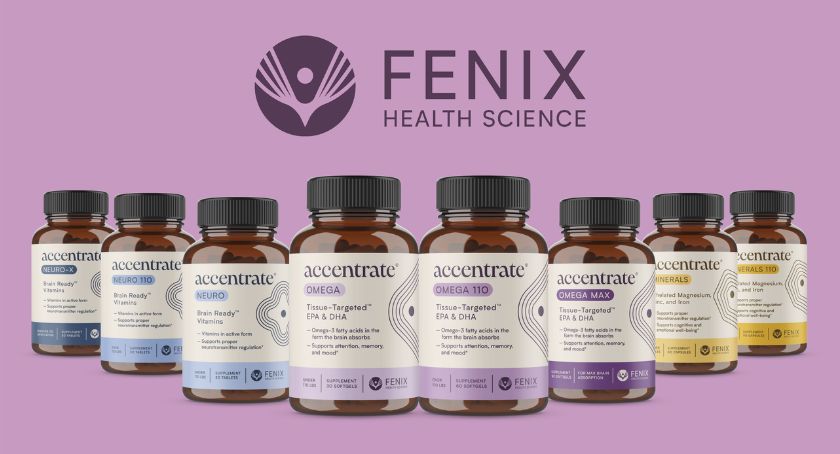
By: Sean Moloughney

Despite the failure of Proposition 37 in California last November, which would have required labeling for foods containing genetically engineered (GE) ingredients—or genetically modified organisms (GMOs)—efforts to mandate GE food labels are gaining momentum across the U.S., and the issue continues to be top-of-mind for consumers. More than 20 individual states are currently considering legislation requiring GE labeling.
Recognizing public demand, retailers and industry advocates are “putting a stake in the ground.” In a game-changing announcement, Whole Foods Market became the first national grocery chain to set a deadline for full GMO transparency, saying it will require all products sold in U.S. and Canadian stores to indicate if they contain GMOs by 2018.
Similarly, the Natural Products Association (NPA) recently called for national legislation that sets a uniform standard so consumers can make educated decisions about foods they purchase and to avoid separate standards at the state level. Importantly, NPA said it opposes a private enforcement provision, which encourages abusive litigation, to impose compliance.
While some critics have claimed that Whole Foods’ 5-year timeline for GMO labeling is too slow, these are bold positions that have the potential to bring legislation in line with public sentiment. John Shaw, executive director and CEO of NPA, highlighted the key takeaway. “This is really very simple; people have a right to know what’s in their food.”
Globally, more than 60 countries already require labeling of GE foods. According to an ABCNews.com survey conducted last summer, 93% of U.S. consumers say the federal government should require labels on food that indicate whether it has been genetically modified. From a marketing point of view, non-GMO product positioning holds considerable clout among consumers. With significant growth in so-called “clean labels” and “free-from” product claims like “gluten-free,” I expect demand for Non-GMO Project verified products will continue to accelerate. With so much emphasis on the GMO issue from consumers and retailers, it’s also critical that suppliers recognize this seismic market shift and respond accordingly. Suppliers can’t fall behind the curve on this issue.
Meanwhile, seemingly at odds with public sentiment, the FDA application from AquaBounty Technologies, Maynard, MA, for its GE AquAdvantage salmon continues to advance. In December, FDA issued a draft environmental assessment concluding the product would have no significant impact on the environment. The agency has extended the public comment period on that assessment to April 26.
While change often happens very slowly in the U.S., the GE/GMO debate is approaching a critical juncture. And it seems the consumer’s right to know may cross paths with Frankenfish.




















